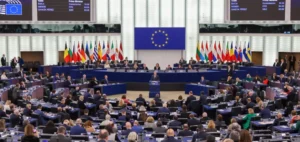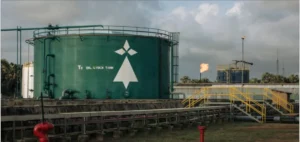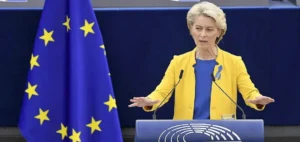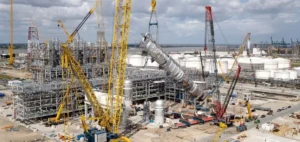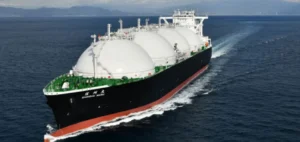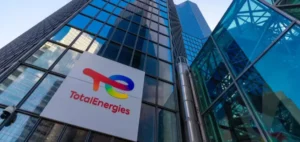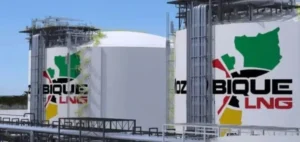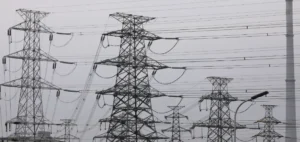Equinor and its partners in the Troll project decide to invest over 12 billion Norwegian kroner (NOK) to further develop the Troll West gas province. This strategic decision is designed to accelerate production from the reservoir, thereby guaranteeing current gas export capacity until 2030. The Troll Phase 3 project comprises eight new wells from two new subsea facilities, with a new gas pipeline connecting to the Troll A platform. The first wells are scheduled to come on stream in late 2026. Geir Tungesvik, Executive Vice President ofEquinor’s Head of Projects, Drilling and Procurement, said: “This project is highly cost-effective and crucial to fully exploiting the capacity of our existing infrastructure. We have chosen to work with reliable suppliers, most of whom already have framework agreements with us.”
Improving Gas Infrastructure
The development of Troll West Phase 3 increases the reservoir’s gas production, equivalent to around 55 billion standard cubic meters of gas. At its peak, this new infrastructure will contribute around 7 billion standard cubic meters of gas per year. The first phase of gas production from Troll West, launched in 2021, has already extended plateau production from 5 to 7 years thanks to the addition of eight wells and a new pipeline to the Troll A platform. Recent upgrades to the Kollsnes processing plant, located west of Bergen, have increased Troll’s maximum gas production from 121 to 129 million standard cubic meters per day. The new Troll wells are expected to produce around 20 million standard cubic meters of gas per day, helping to extend plateau production by a further four years and reduce production decline over the next 10 to 12 years.
Contributing to European energy security
Kjetil Hove, Executive Vice President for Exploration and Production in Norway, underlined the importance of the project: “This project will enable Troll and Kollsnes to continue to play a crucial role in Europe’s energy security, particularly in these difficult times. Troll gas alone covers around 10% of Europe’s needs. Since 2022, Equinor, together with its partners and the Norwegian authorities, has been working to maximize energy deliveries from the Norwegian Continental Shelf (NCS). The development of Troll West is a key step towards guaranteeing a stable and reliable energy supply for Europe.
Prospects and challenges
Expanding gas production at Troll West represents both an economic opportunity and a major technical challenge. Using experienced suppliers familiar with Troll’s previous development phases will ensure safe and efficient project delivery. As well as contributing to energy security, this project also supports sustainability objectives by extending the use of existing infrastructure rather than developing new facilities. Equinor plans to submit a development announcement to the Norwegian Ministry of Energy, in accordance with the Petroleum Act. This regulatory step is crucial to ensure transparency and compliance with legal requirements for energy development. By optimizing existing infrastructure and boosting gas production, this project will contribute to Europe’s energy needs while supporting the Norwegian economy.



